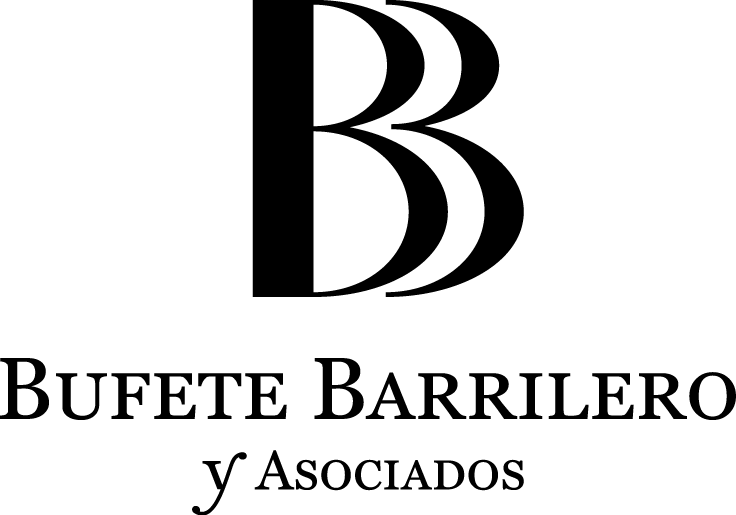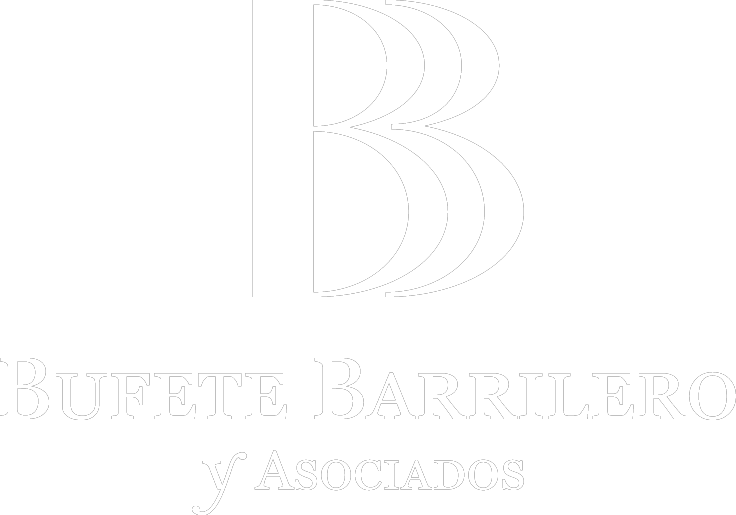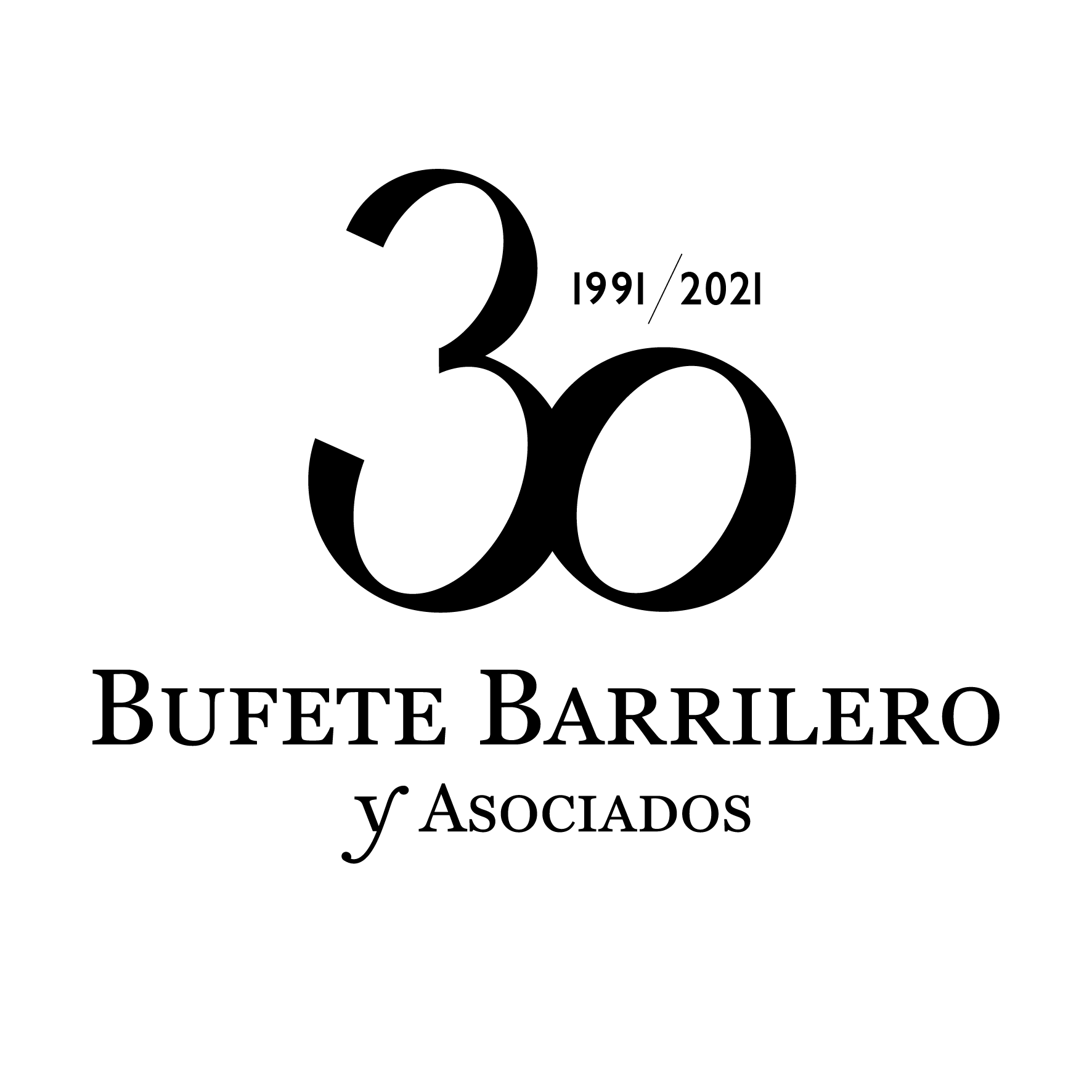PUBLIC
Álvaro Suárez López
The Community of Madrid has taken steps to regulate and promote glamping—a luxury camping experience that merges outdoor adventure with the amenities of high-end accommodations. This emerging global trend allows nature enthusiasts to enjoy camping without sacrificing comfort or sophistication.
Current Regulation
Glamping, along with other camping activities, is currently governed by Decree 3/1993, which lacks specific provisions for this niche segment. Key regulatory features include:
Authorization Requirement: Operators must obtain classification and opening authorization from the Directorate-General for Tourism.
Stringent Location Conditions: Article 7 imposes restrictions on the parcels of land where camping facilities may be established, creating challenges for new developments.
Proposed Changes
In February 2024, Madrid began revising the regulations for tourism campsites and motorhome sites, concluding the public consultation phase in July 2024. The new Draft Decree introduces significant innovations tailored to glamping.
Key Features of the Draft Decree
Definition of Glamping:
Glamping is classified under a new type of tourist campsite, requiring a minimum four-star rating and compliance with criteria outlined in Articles 30 and 35.
Specific Requirements (Article 35):
Four-Star Classification: Establishments must meet high standards for services, amenities, and infrastructure.
Unique Camping Elements: Campsites must feature distinctive accommodations such as domes, bubble tents, tipis, yurts, safari tents, or treehouses. These structures may be mobile, semi-mobile, fixed, or a combination.
Luxurious Furnishings: Each plot must include furniture designed for relaxation, alongside ornamental elements reflecting the luxury theme.
Capacity Limits: Campsites must accommodate between 30 and 90 guests.
Simplified Authorization via Responsible Declaration (Article 37):
The Draft Decree replaces the prior authorization process with a responsible declaration model, streamlining the setup of glamping sites.
Operators must submit up to eight mandatory declarations as stipulated in Article 38.
Eased Location Restrictions:
The new framework removes many restrictive site conditions, encouraging the growth of glamping establishments in Madrid.
Implications
The reforms aim to:
Encourage Development: By simplifying authorization and relaxing site conditions, Madrid positions itself as a hub for luxury camping.
Meet Growing Demand: The draft decree caters to a market segment seeking unique and upscale outdoor experiences.
Conclusion
Although the final terms of the new decree remain pending, the Community of Madrid has signaled its commitment to fostering the glamping industry. These changes reflect an effort to balance innovation, tourism development, and regulatory oversight.


